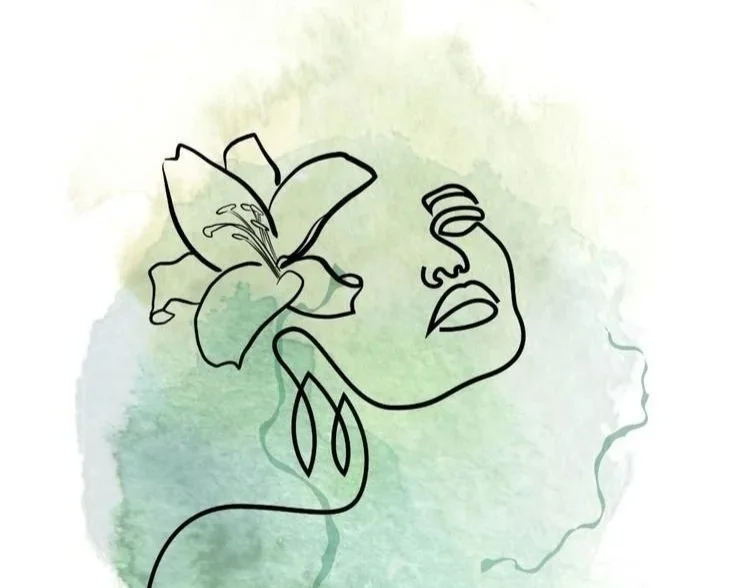Women with ADHD: Finding Language for a Different Kind of Struggle
“When a flower doesn’t bloom, you fix the environment in which it grows, not the flower.”
— Alexander Den Heijer
If you’re a woman who was diagnosed with ADHD later in life—or who’s just beginning to wonder if ADHD might be part of your story—you’re not alone. For many women, the experience of ADHD goes unrecognized for years, especially when it doesn’t match the stereotype of what ADHD is “supposed” to look like.
It often doesn’t show up as bouncing off the walls or blurting out in class. It might look more like chronic overwhelm, forgotten appointments, racing thoughts, emotional sensitivity, or a deep sense of falling short—despite trying really hard. These patterns are easy to internalize as personal failures rather than signs of a differently wired brain.
Not Lazy. Not Broken.
Growing up, maybe you were described as “scattered,” “too sensitive,” or “not living up to your potential.” Or perhaps you masked well—holding things together on the outside while quietly falling apart behind the scenes. Many women with ADHD develop elaborate coping systems, often driven by anxiety or perfectionism, to avoid the shame of being seen as unreliable, messy, or “too much.”
These adaptations can work for a while. But they also come with a cost: burnout, low self-esteem, and a chronic sense of being out of sync with the world around you.
ADHD is not a moral failing—it’s a neurological difference. But when it goes unseen or misunderstood, it can shape how a person sees themselves in painful, lasting ways.
Therapy as a Place to Slow Down and Be Understood
When I sit with women who are exploring an ADHD diagnosis, what often emerges first isn’t a list of symptoms—it’s a deep emotional thread: confusion, shame, grief, or even relief. Finally having language for what’s been happening internally can feel both liberating and overwhelming.
Therapy offers a space to make sense of that complexity. Not to “fix” anything, but to bring compassion, clarity, and perspective to the patterns that have felt like personal failures for so long.
In therapy, women with ADHD often explore things like:
Untangling self-worth from productivity
Naming the impact of perfectionism and chronic people-pleasing
Reclaiming rest and softness without guilt
Understanding emotional reactivity through a nervous system lens
Building structure in ways that work with, not against, their brain
There’s no one-size-fits-all approach here. But having a place where you don’t have to explain or justify your experience—where it’s met with curiosity and care—can be profoundly healing.
You’re Not Alone in This
If any of this resonates with you, know that you’re not the only one navigating this. More and more women are starting to recognize themselves in ADHD descriptions and asking thoughtful questions about how it may have shaped their lives. Whether you pursue a formal diagnosis, seek support, or begin reflecting on your own, that exploration matters. You deserve language that reflects your experience and spaces where that experience is held with care.
Written by Nilgun Tunali RP (Qualifying)
This post is for informational purposes only and is not a substitute for therapy or diagnosis. If you’re thinking about exploring ADHD further, speaking with a trusted provider can be a meaningful next step.

